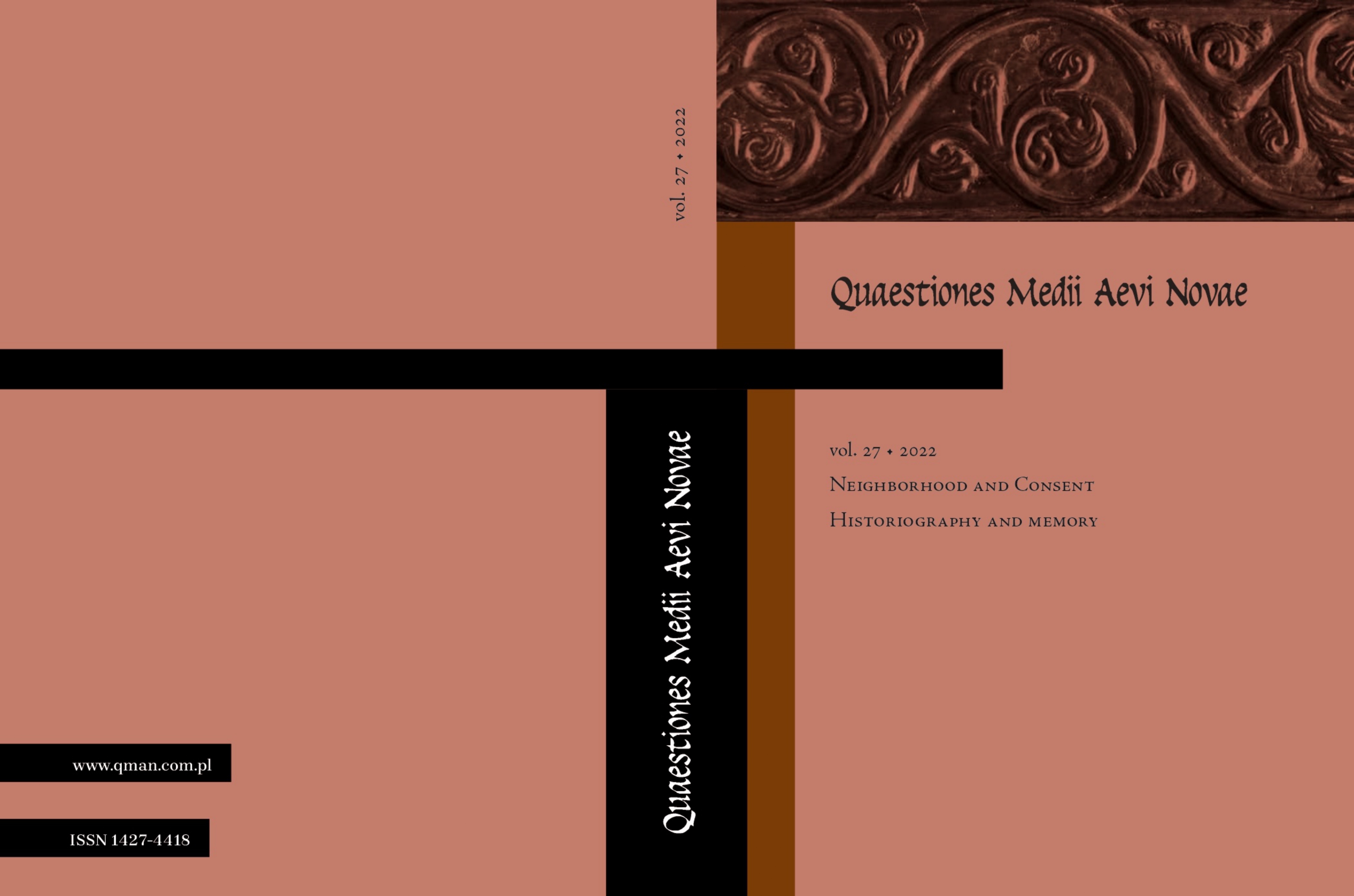Historical outline of just war theory and its fundamental assumptions in medieval and late renaissance thought (St. Augustine of Hippo, St. Thomas Aquinas, Francis Suárez, St. Robert Bellarmine)
Historical outline of just war theory and its fundamental assumptions in medieval and late renaissance thought (St. Augustine of Hippo, St. Thomas Aquinas, Francis Suárez, St. Robert Bellarmine)
Author(s): Robert GoczałSubject(s): History, Philosophy, Social history, Middle Ages, Theology and Religion
Published by: Wydawnictwo Towarzystwa Naukowego „Societas Vistulana”
Keywords: just war theory; just war tradition; history of just war; defensive war; aggressive war; just war criteria; St. Augustine; St. Thomas Aquinas; Francis Suárez; St. Robert Bellarmine
Summary/Abstract: The paper examines how the just war theory (bellum iustum) emerged from traditional concepts in Cicero and Aristotle, but developed significantly in the Middle Ages and the Renaissance. Just war theory borders on ethics, political and social philosophy, and theology. It was studied by Christian philosophers of medieval provenance, politicians, military commanders and lawyers. The basic premise of this doctrine is that war can be justified in moral terms. While human morality recognizes war to be a terrible experience, the just war tradition holds that it may be considered as a reasonable denouement. It can lead to the lessening of greater evils and the prevention of greater cruelty or violence threatening people and states.
Journal: Quaestiones Medii Aevi Novae
- Issue Year: 2022
- Issue No: 27
- Page Range: 195-237
- Page Count: 43
- Language: English

